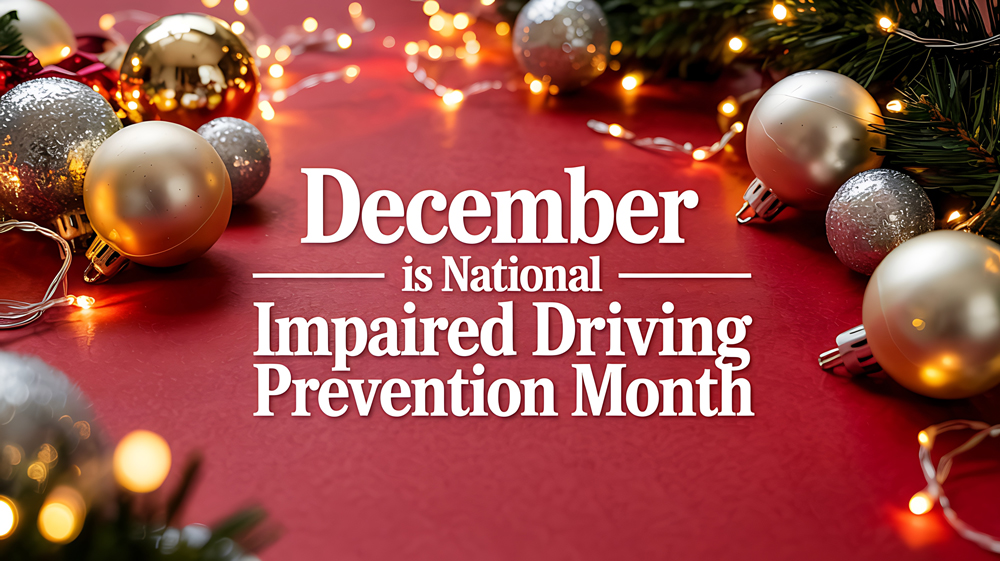A Prenuptial Agreement is entered into by unmarried individuals in contemplation of marriage. The primary purpose of entering into an Agreement is to define, in lieu of the laws of any state, the parties’ rights and obligations that arise by reason of the marriage. It requires both parties to disclose their assets and obligations fully, potentially building the parties’ financial trust and allowing the parties to set the rules by which the division or retention of those disclosed assets and obligations occurs without the uncertainty of a Court Ruling.
Each party must obtain legal counsel to advise them of their respective rights and work through the designation of the actual definition of separate and marital property. This process should not be rushed, and as the marriage itself is consideration for the Agreement, it should be completed well in advance of the wedding. There are three main goals of a Prenuptial Agreement:
- Designation of separate and marital property
- Waiver of certain rights including intestate and testamentary rights
- Waiver or defining of spousal maintenance and support
The Prenuptial Agreement is commonly drafted with supporting Schedules that list the respective parties’ assets and obligations for future reference. The Prenuptial Agreement does not necessarily preclude creating marital interests and properties accumulated by the parties after marriage. The parties can still intend and actualize the creation of martial interests and subsequent assets and obligations. Further, they can create Estate plans that designate the distribution of marital assets and separate assets to the surviving spouse. The Agreement allows the parties themselves to make intelligent and caring allocations of financial security in their states without statutory mandates of probate law. It also will enable parties to predesignate the scope and understanding of spousal maintenance in the event of the termination of the marriage.
The Prenuptial Agreement is not punitive, nor can it be unconsionable. The Prenuptial Agreement is about openness and trust. It is anticipated that you can tell your prospective life-long partner that in the event of predeceasing or the regrettable circumstance of the termination of the marriage that these items are separate property, and loved ones need to be provided for in those circumstances. It is critical to go into situations like a lifelong financial bonding with your eyes wide open and a pragmatic approach. It is not necessarily romantic, but the process should create intimate trust and open discussions of the financial marriage of the parties.












